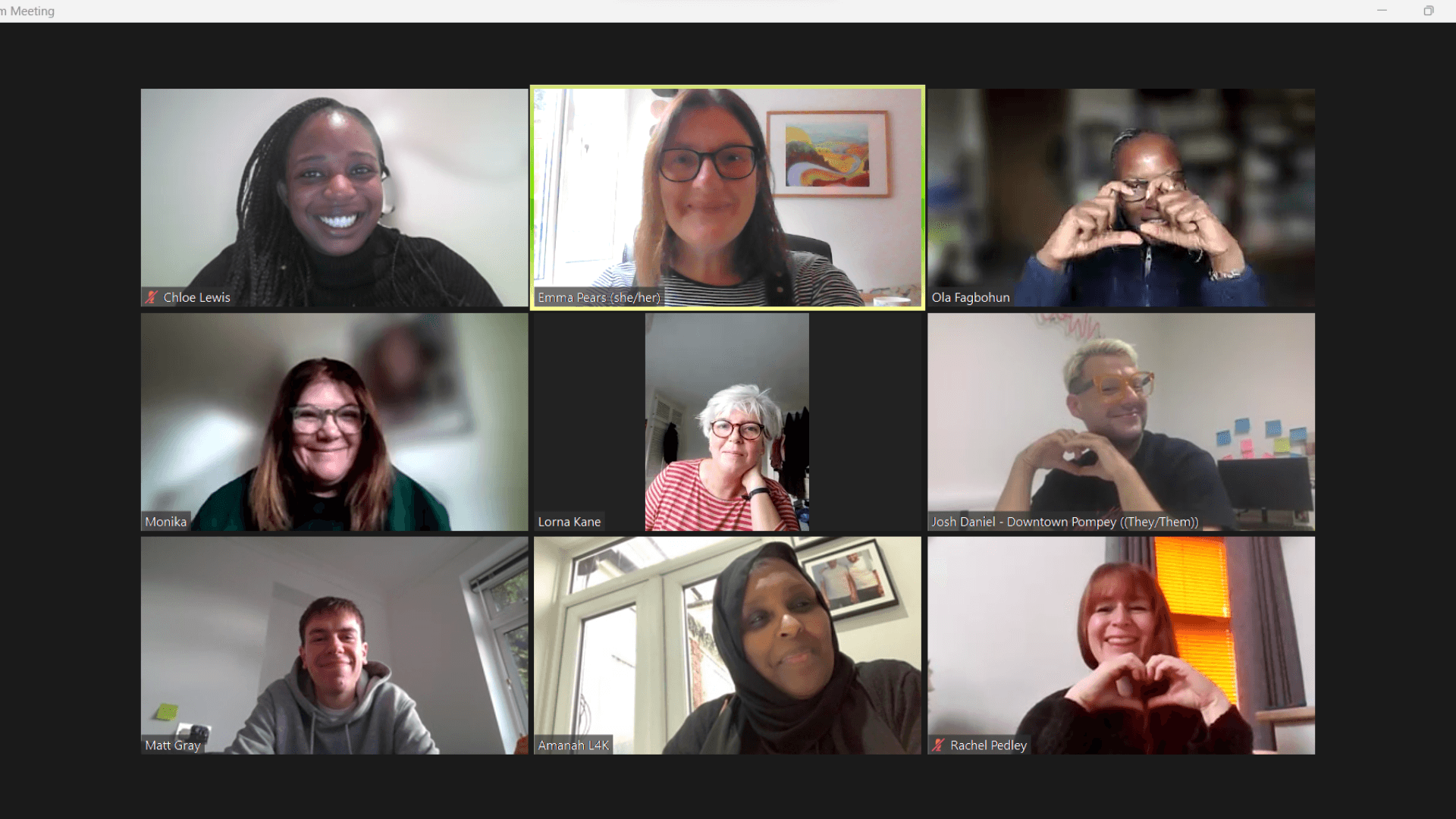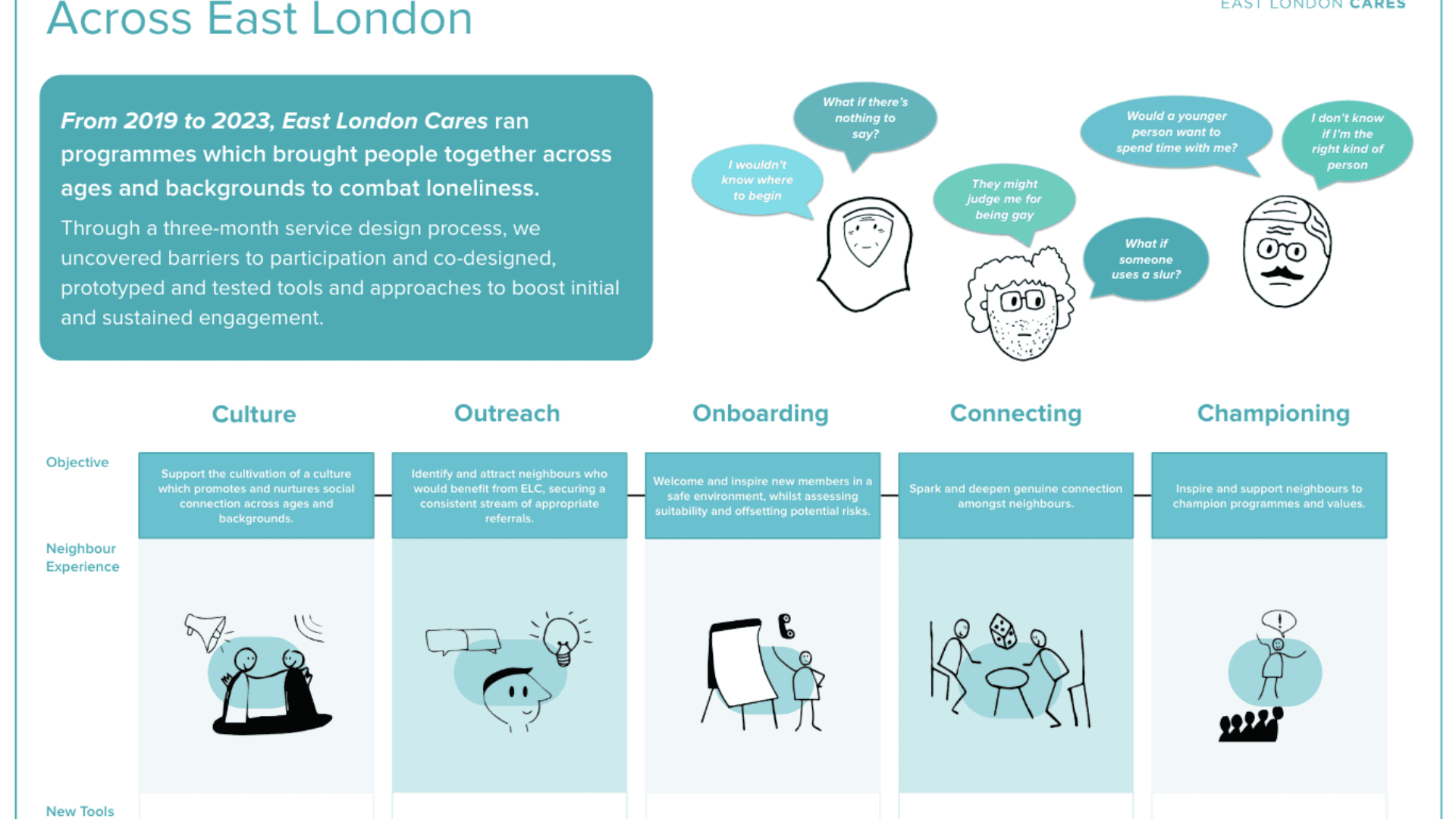
For the love of the game, inclusion and unity
Posted by The Cares Family on 11th June 2019
Please note: this post is 70 months old and The Cares Family is no longer operational. This post is shared for information only
By Nick Wigmore
Two young players size each other up, the ball neatly nestled on the ground in front of them. They look each other up and down. One is a foot taller, he’s more muscular, stronger, more experienced. The smaller player is aware of his task: to battle in a test of strength and win the ball.
On the coach’s command, they tussle for the ball. It isn’t long before the stronger player presses home his considerable advantage, dominating control. The smaller player battles hard for over a minute to win the ball back – without success. Sweating, frustrated, disappointed, he looks disheartened.
Then the magic moment the coach is looking for: during the group feedback at the end of the session the bigger player, a 15-year-old refugee from West Africa, turns to his opponent. He faces the younger boy, a 14-year-old refugee from Afghanistan, and says: “I love your work man, you never gave up, it was hard against you because you kept battling” and gives him a big hug. The group applauds. The smaller player puffs his chest out and smiles.
The two are taking part in The Socrates Football Project, which uses football to develop the social and emotional learning and life skills of 14- to 18-year-olds who are living alone in the Moria Refugee Camp in Lesvos, Greece. The camp is notorious for having some of the worst living conditions in Europe. Socrates is run by Dan Teuma, who noticed that – for all the divisions in the camp – the young people were united by their love of football.
This is exactly the type of interaction that the project is trying to enable. These young people have experienced severe trauma, and often have problems with anger, conflict and respect. The project has a curriculum which offers specific social and emotional learning for the players in an environment of love, respect and inclusion. As well as developing football skills and personal attributes, the programme aims to create a brotherhood amongst a fractured community.
This is the power of football in its rawest form. Few other pursuits have the ability to foster and provoke this kind of interaction. Football at its best offers a dedication, pride and sense of belonging that is almost unmatched.
The global game, football is a common denominator almost anywhere in the world. When I travel for work or pleasure, I always try to play football with local people, as sharing the field with them is often the best way of breaking down barriers. Wherever you go, you will find someone who has a love of football, who shares something with you: a reference point, something in common. It might be the same football team, you might like or admire the same player, you might have the same memory of a big match. Football unites.
But football itself isn’t a mystical entity to cure every social problem in the world. Football is a mirror of society: where there is racism, sexism, homophobia, corruption, greed and isolation in society, you will find it in football too. If someone is a bully off the pitch, they will probably bully people when they play football.
Football is only a vehicle for good if we deliberately choose to use it that way.
Just this season, as part of the coaching staff at London Tigers (a semi-professional team and community club based in Southall) I’ve seen players from Iran, Spain, Germany, Congo, Morocco, Portugal, Cape Verde, Brazil and England come together to fight a relegation battle with love and camaraderie, united by the badge, by their commitment to the shirt, fighting for a shared goal.
Unfortunately, the team has had to do so against a backdrop of racial abuse and discrimination from opponents and fans. A true window into the fractured and divided times we find ourselves in.
Football used to exist as a community sport, with working class roots and values, with many of the top teams starting out as clubs for railway or factory workers. As the sport grew in popularity (especially in the early 1990s), the biggest clubs began to focus more on money and power. Top level football is now a multi-billion pound industry, with very little of that money trickling down to community projects and organisations who are using football for good.
Elite football has chosen greed, power and money over community and respect for the fans who support it. And while the fans still feel a sense of loyalty, belonging and devotion to their clubs, it is rarely reciprocated. In football, the rich get richer and the poor get poorer, often off the back of the love and commitment of hard working and fiercely dedicated fans.
As those powerful entities get stronger, and those from poorer backgrounds are shunned or priced out of the game they love, organisations which are more community-focussed are vital in providing access to, and opportunities in, our national sport.
This is why it is important for those with power, connections, influence and voice to back organisations like London Football Journeys, Football Beyond Borders and Hackney Wick FC. All of these organisations work at the coal face of society’s biggest problems, using football to inspire. They give some of the most vulnerable people a sense of belonging, with access to mentors and role models who understand their situation.
Like the smaller player fighting to win the ball back from his bigger opponent, those of us working in the sport-for-good sector may never wrestle control of the money, power and influence from the big organisations, leagues and clubs. But we won’t stop fighting for those with a love of the game, for inclusion, community and unity.
Nick Wigmore is a UEFA B qualified football coach with over 15 years’ experience. He uses the power of football to help develop social and emotional learning in young people and vulnerable adults. He is also a senior consultant at Athlead UK which helps professional athletes use their influence to become leaders in social change.
This article is part of the pamphlet Finding connection in a disconnected age: stories of community in a time of change, published in partnership with Nesta.


